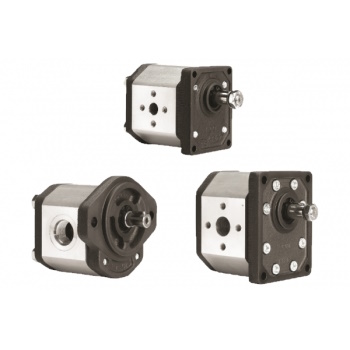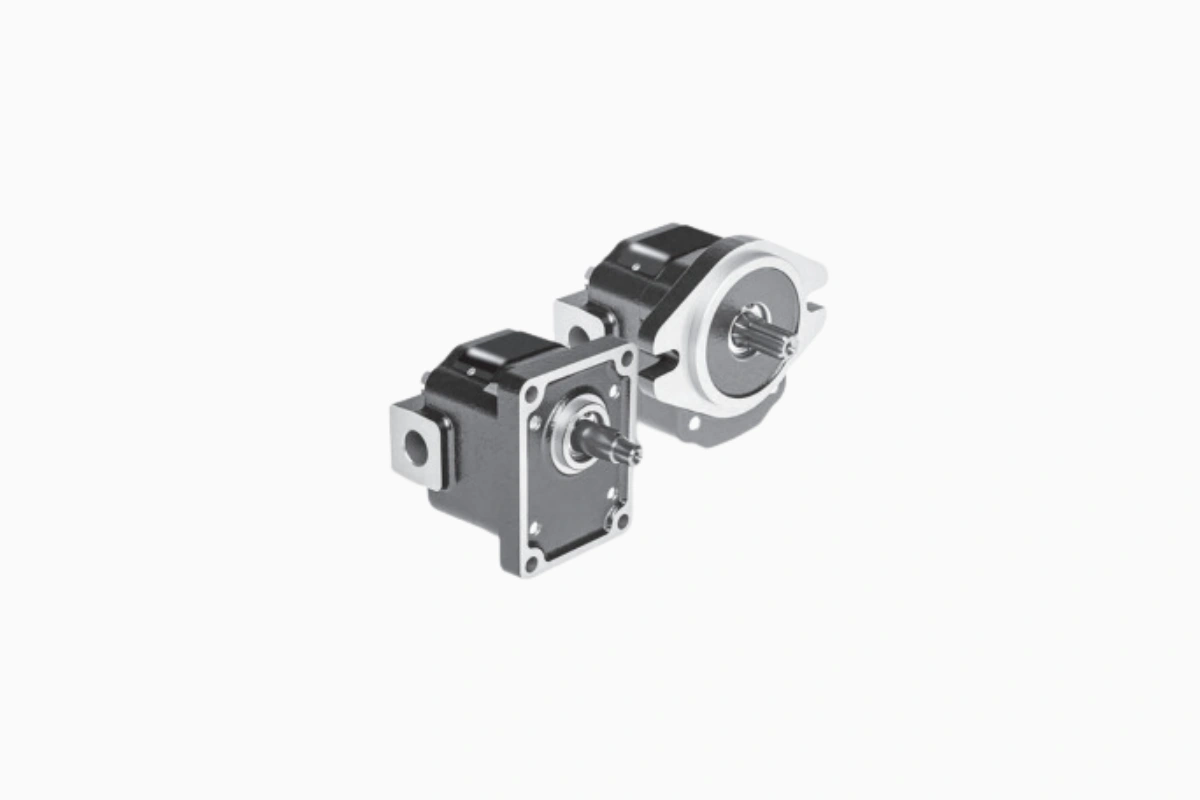Hydraulic motors are essential components in many industrial and mechanical systems. They operate by transforming hydraulic energy provided by a fluid into rotational motion. This process occurs through a series of internal mechanisms that use fluid pressure to generate mechanical force. But what are hydraulic motors and how do they work? Let’s take a closer look.
Types of Hydraulic Motors
Hydraulic motors can be divided into various categories based on their operating principle. The most common types include gear motors, piston motors, and vane motors, each with specific characteristics and applications:
- Gear motors: among the simplest and most robust, they are often used in applications requiring constant speed and moderate torque. They work by rotating two internal gears that push the fluid through the system.
- Piston motors: known for high efficiency and the ability to operate at high pressures, they are used in heavy industrial applications; they work by moving pistons inside a cylinder under hydraulic fluid action.
- Vane motors: These motors use vanes that slide inside a rotor. They are very versatile and offer stable performance, though generally less efficient than piston motors.
Learn more about hydraulic motors and pumps here.
The Role of Pumps in Hydraulic Motors
Hydraulic motors are closely linked to pumps, which provide the necessary pressure to move the fluid within the system. In this context, Marzocchi pumps play a crucial role due to their reliability and versatility. Marzocchi pumps are particularly suitable for applications requiring a combination of precision and durability. They stand out for the quality of materials used and their operational efficiency. For more information, visit the Marzocchi pumps page.

Applications of Hydraulic Motors
Hydraulic motors are used in numerous applications, both industrial and mobile. They are found in construction machinery, agricultural equipment, heavy vehicles, and transportation systems. Thanks to their ability to operate under extreme conditions and generate high power with relatively small dimensions, hydraulic motors are often preferred over electric or combustion engines in contexts requiring reliability and continuous power.
The main advantages of hydraulic motors include high power density, the ability to operate at very high pressures, and long operational life, making them ideal for applications where frequent maintenance is not possible or desirable.

